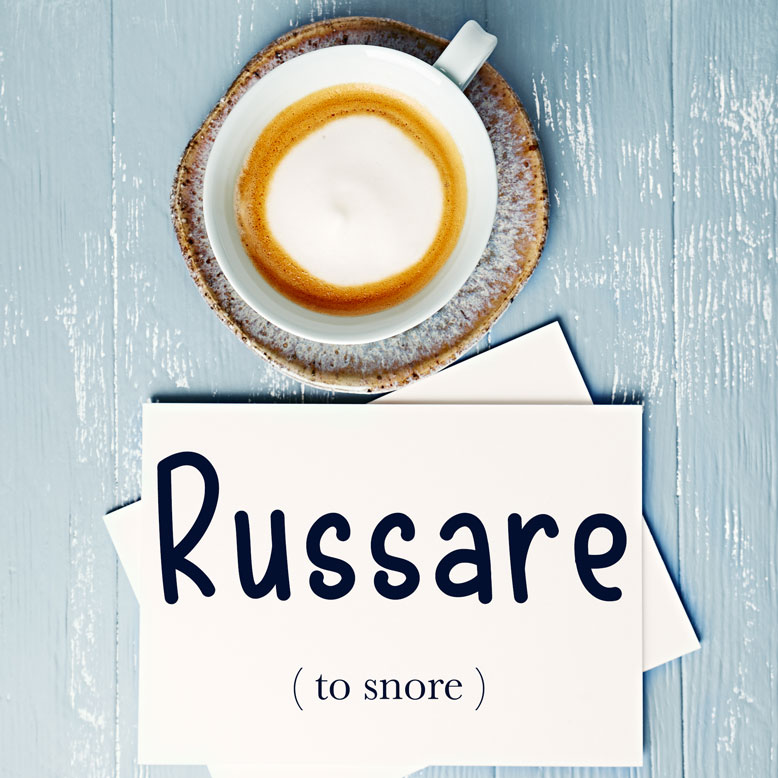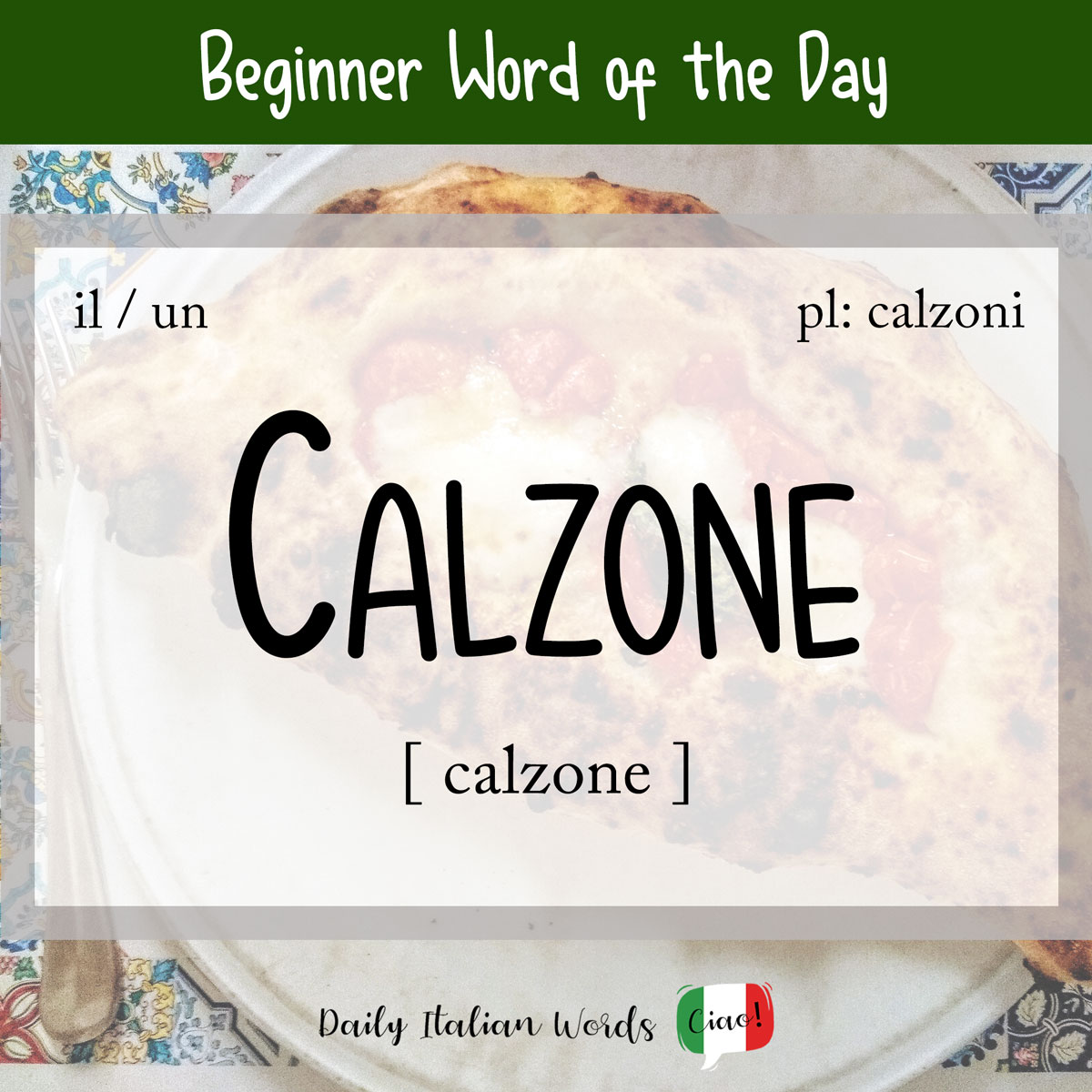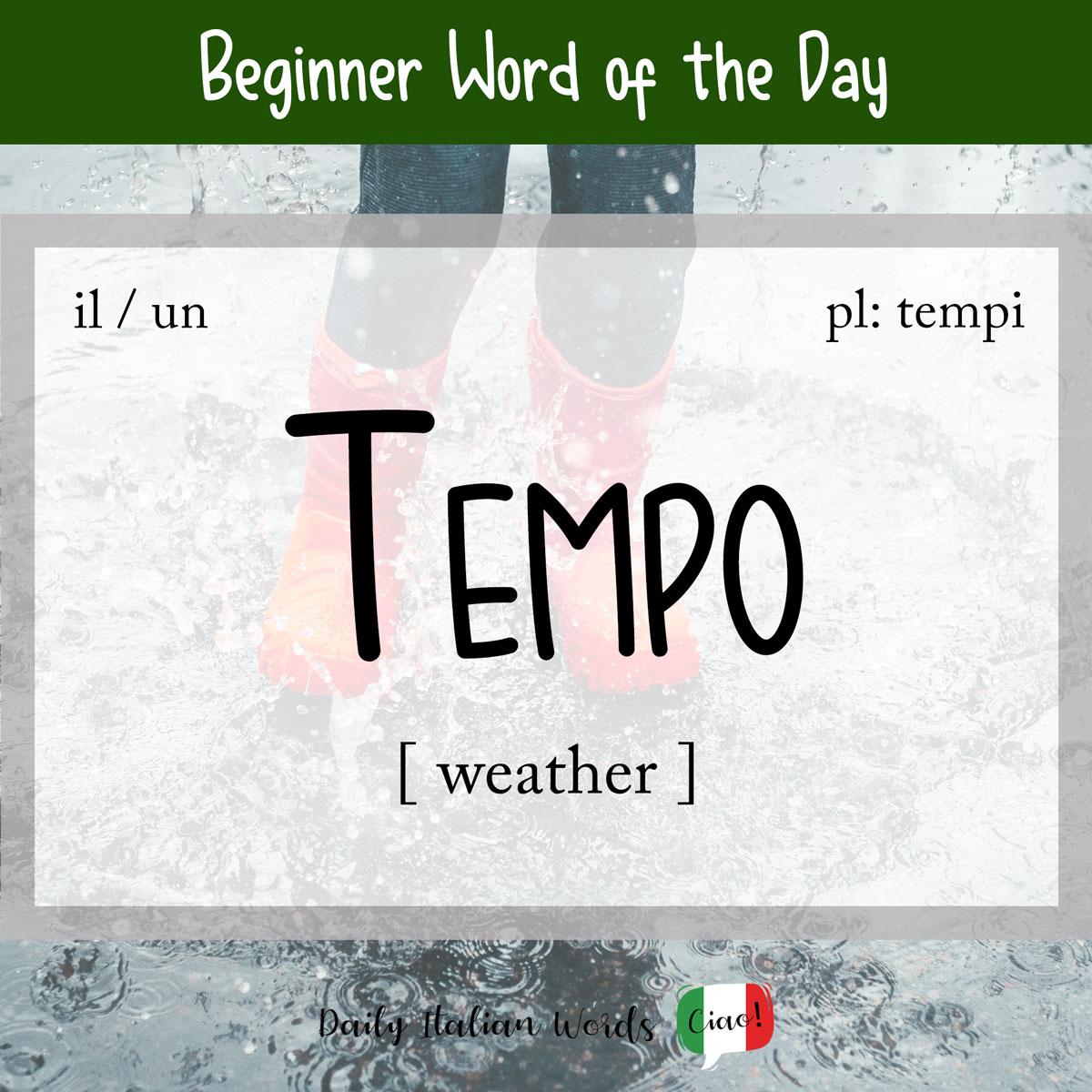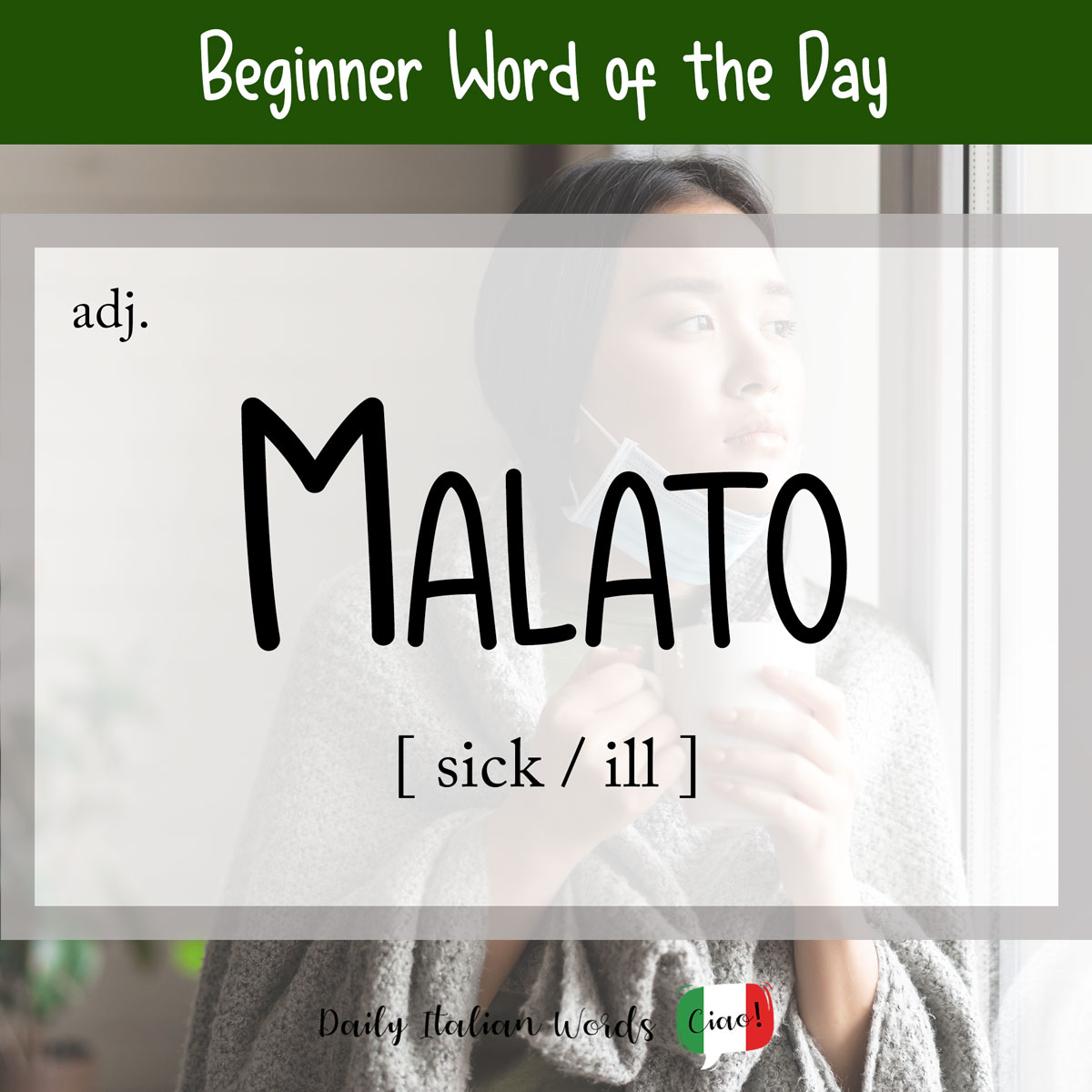Italian Word of the Day: Solletico (tickle)
The Italian word for tickle is solletico (masculine, plural: solletichi). It normally appears in the expressions fare il solletico (to tickle, or literally, “to do the tickle”) and soffrire il solletico (to be ticklish, or literally, “to suffer from the tickle”). A synonym for fare il solletico is the verb solleticare. If you are going …






